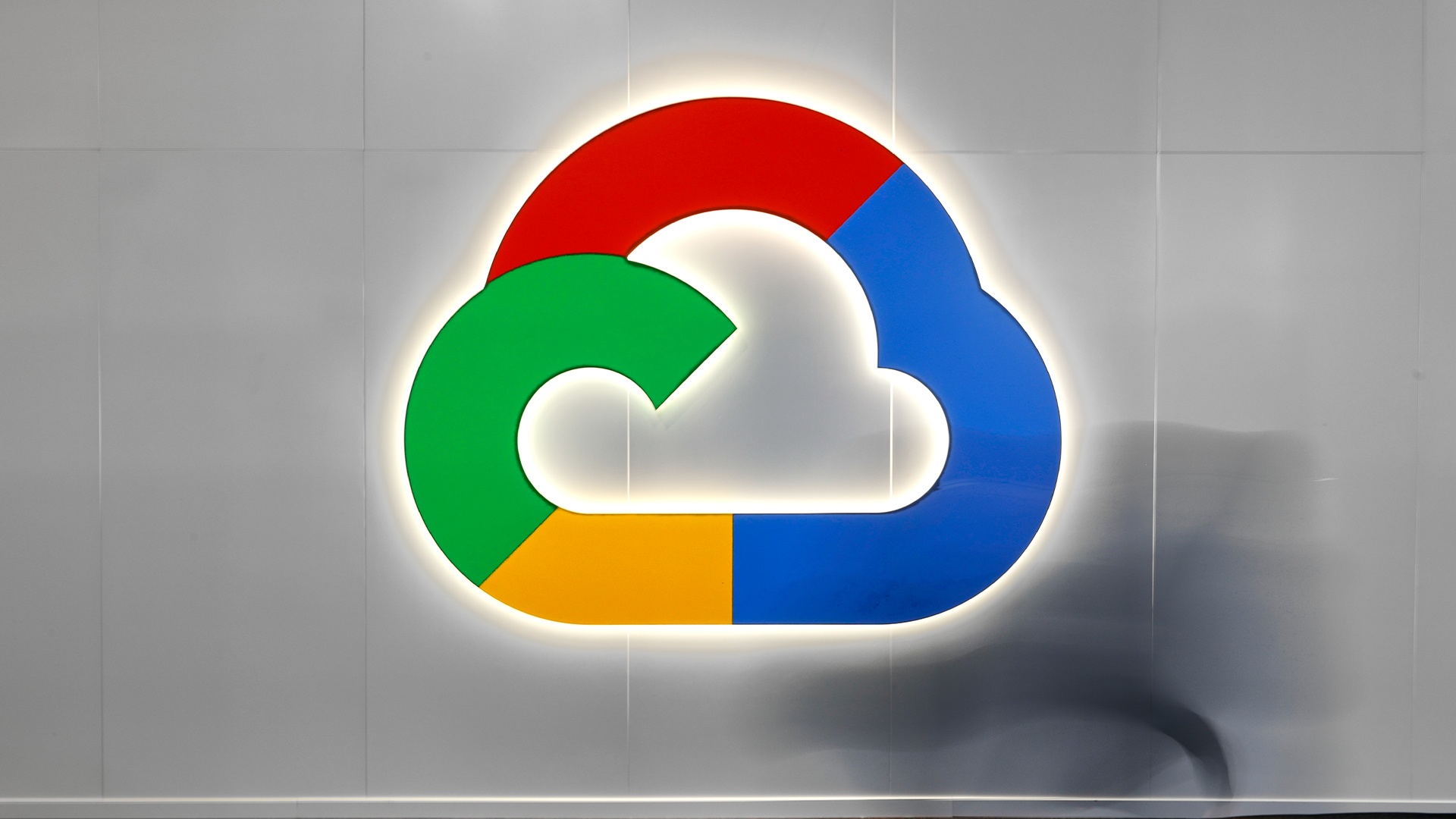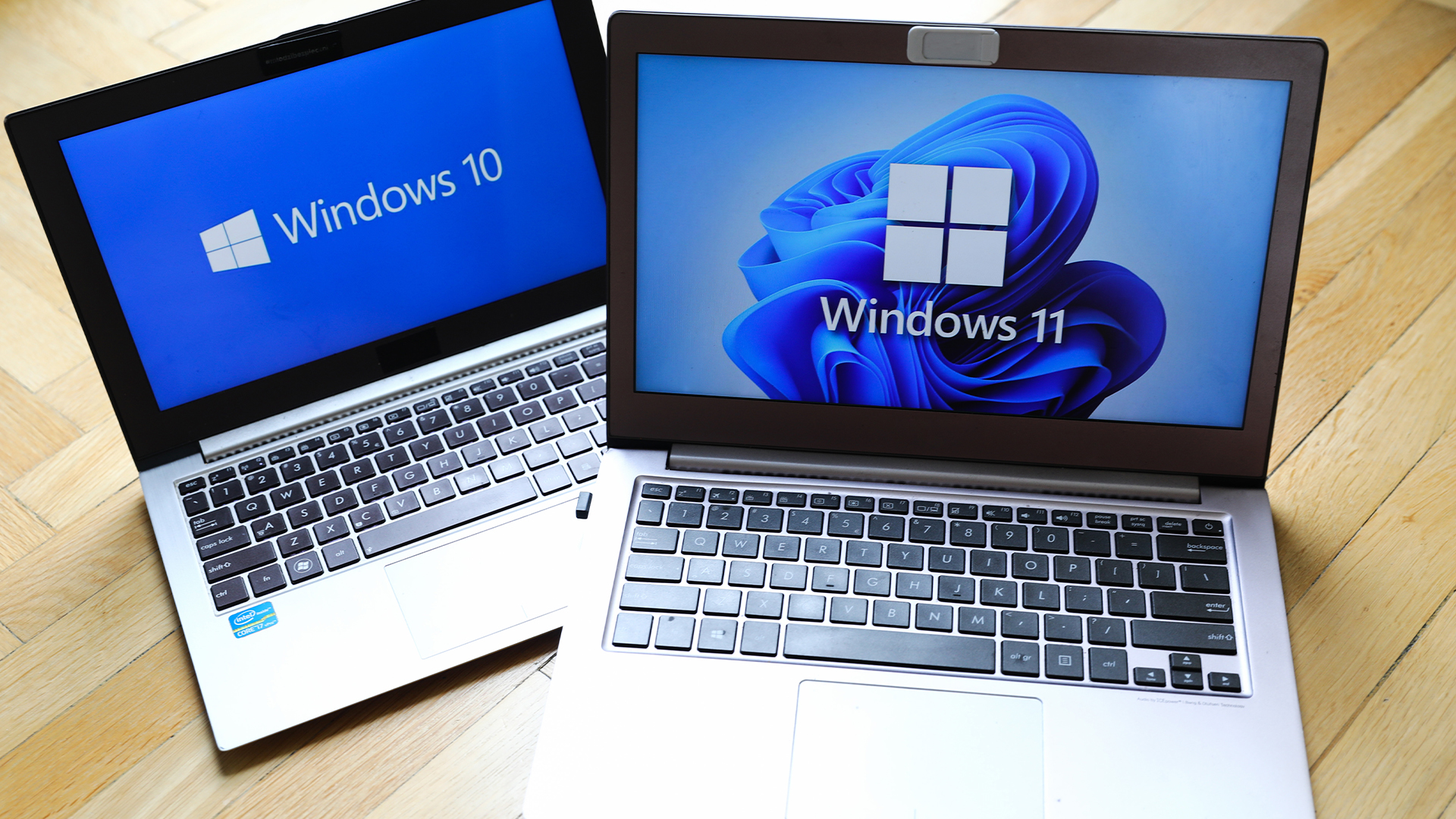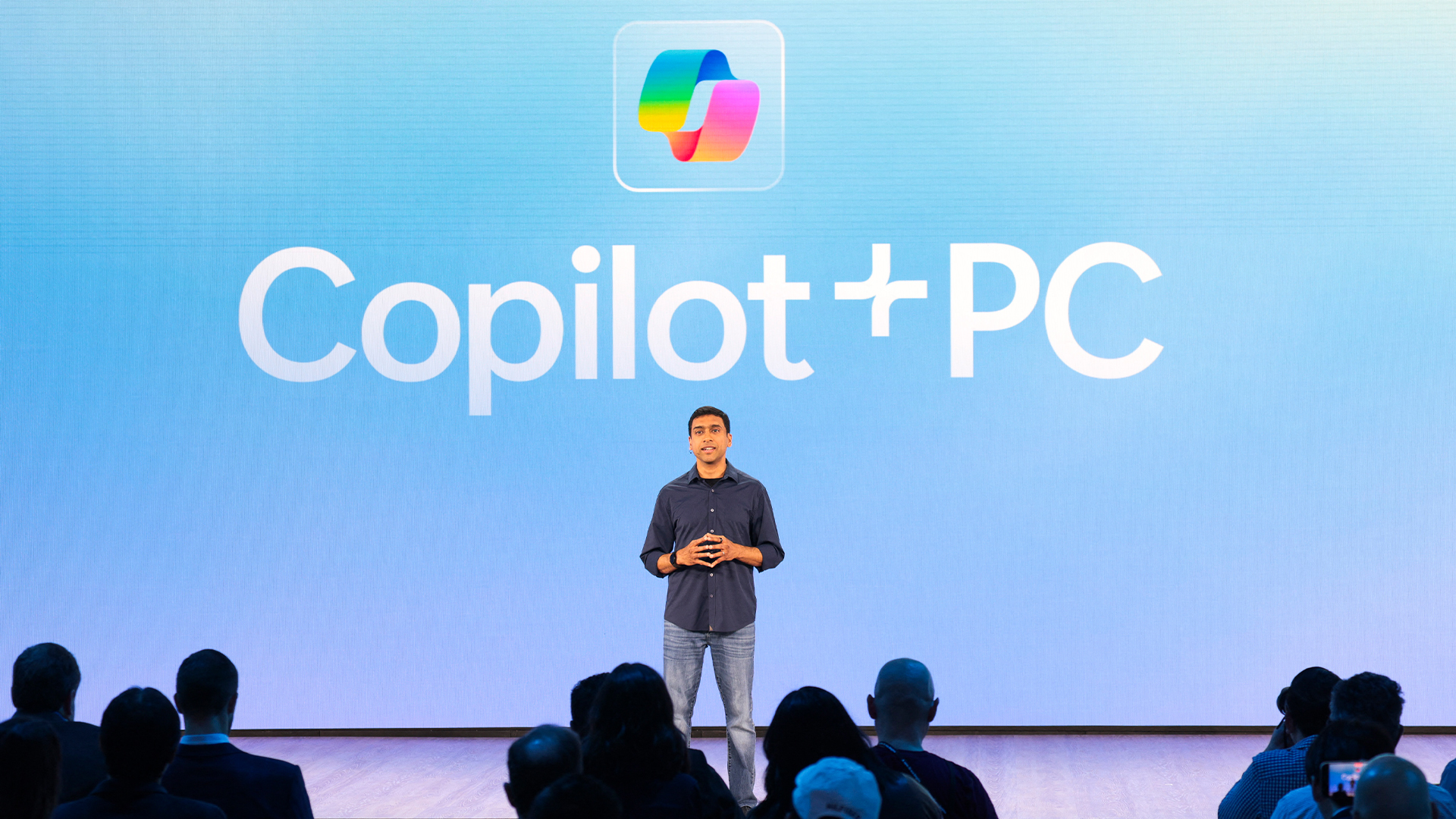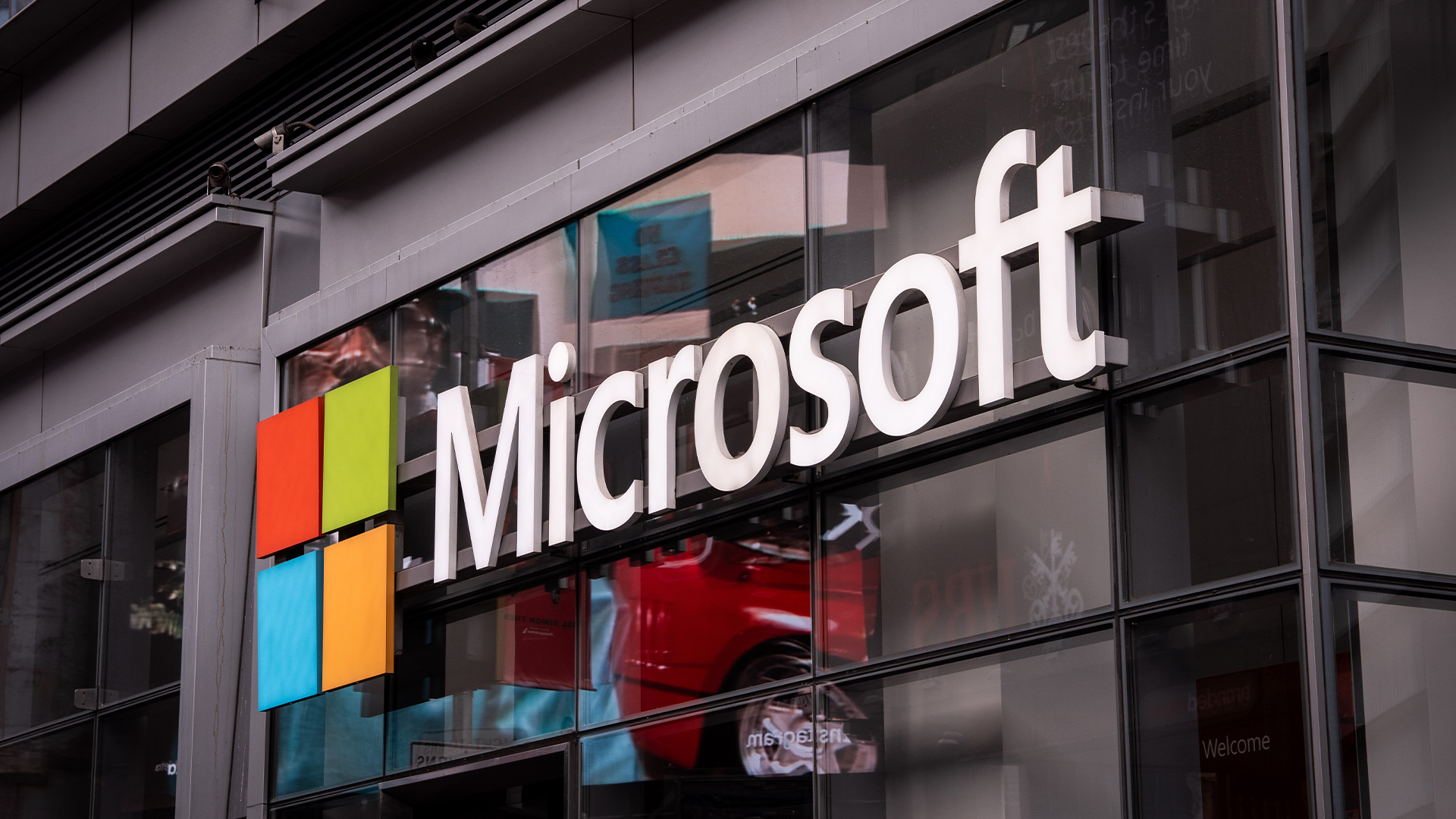Android beats Adobe Flash for most security flaws in 2016
Google's Android had the most vulnerabilities in 2016, ahead of Linux and Adobe Flash

Google's Android has topped a list of products with the most reported vulnerabilities in 2016, according to a recently published CVE database.
In a list of 2016's 50 most vulnerable products, compiled by CVE Details, Android OS was found to be by far the most exploited service of the year, with 523 known security flaws, followed by Debian Linux at 319.
Notably, the number of Android vulnerabilities was almost double that of Adobe Flash in fourth place, widely regarded as a bug prone and insecure platform for web content.
However, Adobe was the clear winner when vulnerabilities were ranked in terms of vendor, with 1,383 known bugs. Of the 10 products at the top of the list, four come from Adobe, namely Flash Player, Acrobat, Acrobat DC and Reader.
Microsoft was not far behind, in second place with overall vendor vulnerabilities at 1,325, covering services such as Windows 8.1, Windows 10, Microsoft Edge and Windows Server 2012.
The results are slightly skewed, as bug hunters are incentivised by Google to root out vulnerabilities for cash rewards, including $20,000 for exploits granting remote access to Google servers, which may account for the surprisingly high number of flaws.
A security flaw found in software running on Qualcomm chipsets in August 2016 was feared to have affected more than 900 million devices, including the HTC One and US versions of the Samsung Galaxy S7.
Sign up today and you will receive a free copy of our Future Focus 2025 report - the leading guidance on AI, cybersecurity and other IT challenges as per 700+ senior executives
In October last year, Google released fixes for a staggering 78 vulnerabilities, including a serious privilege escalation bug, initially discovered in Linux OS but proved to have been inherited by Android, allowing for hackers to bypass security and gain root level access to devices.
Google Chrome was found to have the greatest number of vulnerabilities at 172, followed by Microsoft's Edge at 135 and Mozilla's Firefox with 133. Safari is the most secure browser according to the CVE figures, at just 56 vulnerabilities in 2016.
Apple's iPhone OS, Watch OS and Apple TV also made it onto the top 50 list, but collectively made up only 340 vulnerabilities. Microsoft Office ranked at the bottom of the list, with just 48 security flaws.
Dale Walker is a contributor specializing in cybersecurity, data protection, and IT regulations. He was the former managing editor at ITPro, as well as its sibling sites CloudPro and ChannelPro. He spent a number of years reporting for ITPro from numerous domestic and international events, including IBM, Red Hat, Google, and has been a regular reporter for Microsoft's various yearly showcases, including Ignite.
-
 Warning issued as surge in OAuth device code phishing leads to M365 account takeovers
Warning issued as surge in OAuth device code phishing leads to M365 account takeoversNews Successful attacks enable full M365 account access, opening the door to data theft, lateral movement, and persistent compromise
-
 What Palo Alto Networks' $10bn deal with Google Cloud means for customers
What Palo Alto Networks' $10bn deal with Google Cloud means for customersNews The extension of an existing partnership between Palo Alto Networks and Google Cloud is designed to boost security amid rise in AI
-
 Windows 10 end of life could create a major e-waste problem
Windows 10 end of life could create a major e-waste problemNews The study marks the latest Windows 10 end of life e-waste warning
-
 Windows 10 extended support costs could top $7 billion
Windows 10 extended support costs could top $7 billionNews Enterprises sticking with Windows 10 after the October deadline face huge costs
-
 A senior Microsoft exec says future Windows versions will offer more interactive, ‘multimodal’ experiences
A senior Microsoft exec says future Windows versions will offer more interactive, ‘multimodal’ experiencesNews With speculation over a Windows 12 reveal mounting, a senior company figure claims the new operating system will mark a step change for users
-
 Microsoft’s botched August updates wiped SSDs, now it’s breaking PC resets and recoveries on Windows
Microsoft’s botched August updates wiped SSDs, now it’s breaking PC resets and recoveries on WindowsNews An out-of-band patch has been issued by Microsoft to fix a flaw introduced by its August update
-
 The NCSC just urged enterprises to ditch Windows 10 – here’s what you need to know
The NCSC just urged enterprises to ditch Windows 10 – here’s what you need to knowNews The UK cyber agency says those that haven’t migrated to Windows 11 should do so immediately
-
 Windows 11 finally overtakes Windows 10 in popularity – but what’s driving this surge?
Windows 11 finally overtakes Windows 10 in popularity – but what’s driving this surge?News It’s been a long time coming, but Windows 11 is finally Microsoft’s most popular operating system
-
 Dragging your feet on Windows 11 migration? Rising infostealer threats might change that
Dragging your feet on Windows 11 migration? Rising infostealer threats might change thatNews With the clock ticking down to the Windows 10 end of life deadline in October, organizations are dragging their feet on Windows 11 migration – and leaving their devices vulnerable as a result.
-
 Recall arrives for Intel and AMD devices after months of controversy
Recall arrives for Intel and AMD devices after months of controversyNews Microsoft's Recall feature is now available in preview for customers using AMD and Intel devices.